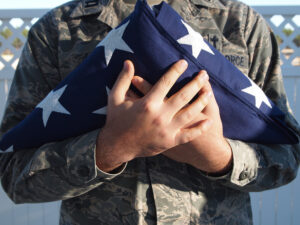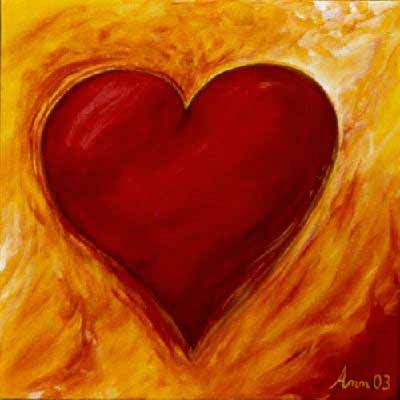This is an article I wrote for the First Alliance Church weekly newsletter. I thought I’d share it here as well.
“Spiritual Care for the Wounded Warrior.” That’s the conference I went to last week. As a chaplain in the Air Force, they send us to these types of conferences from time to time to help us in our ministries.
This conference was strictly for chaplains and chaplain assistants – and it was geared toward caring for people with PTSD (Post Traumatic Stress Disorder).
The class covered quite a lot, including the symptoms and issues related to PTSD, and some of the therapy that is available through psychiatry so we know how to refer people forward.
The class also covered how we can help, from a pastoral approach, those “wounded warriors” who are suffering .
It boils down to two main ways to help that go hand in hand:
- Being aware.
- Being there.
That’s it. It’s simple, really.
As I was sitting in this class, I found myself thinking how this applies to regular civilian life. How, in fact, this applies to all of us.
As Christians, shouldn’t we use the love of God to help heal those fractures we all suffer in the battle of life? Even though someone may not be in the military, he or she could still be a wounded warrior. We all know that life can sometimes be a fight.
As Air Force Chaplains, our goal is to make sure our Airmen know that we are a safe place to come for help. We need them to know that we care for them and their soul – and that they aren’t alone in this struggle with PTSD or whatever issue they have.
Shouldn’t this be the goal for all of us as Christians? Shouldn’t we strive to make sure people know we are a safe place? That we care for their soul?
Jesus tells us, rather bluntly, 1) to love God and 2) love your neighbor as yourself (Matt 22:37-39). He said that the whole Law hangs on this commandment.
The Apostle Paul encourages us to “be patient, bearing with one another in love” (Eph 4.2). This means that we are still to love people especially when they show weakness or hardship in their lives. We are to enter the suffering with them. Just like Jesus did for us. Just like Jesus till does.
So look out for those wounded warriors you may come across in your day-to-day routine. Maybe they are your kids, or your parents, or neighbors, or friends – they could be anyone.
Be aware. See people with active eyes. Look at their body language. Really ask them how they are doing. When their words fail to match up with how they are acting, ask them about it. Chances are, they need someone to ask them directly what is going on. Just being there with someone means so much.
The poet WB Yeats once wrote,
He Who hath made the night of stars
For souls who tire and bleed,
Sent one of His great angels down
To help me in my need.
Let’s be those angels for others. Be aware. Be there.
And maybe you are a wounded warrior yourself. That’s okay. You’re definitely not alone. Find someone to talk to – someone in your life group, a Christian friend, go for prayer one Sunday after service, or call the church office any time. We are here for you.


